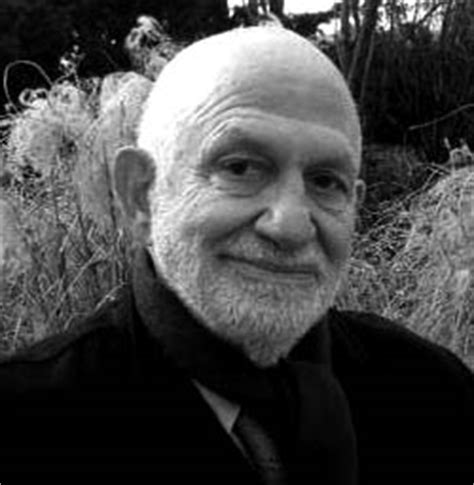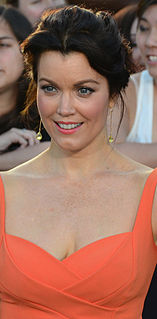A Quote by Paul G. Tremblay
Horror is often about how we live in the liminal, whether we want to or not.
Related Quotes
Addiction is more malleable than you know. When people come to me for therapy, they often ask me whether their behavior constitutes a real addiction (or whether they are really alcoholic, etc.). My answer is that this is not the important question. The important questions are how many problems is the involvement causing you, how much do you want to change it, and how can we go about change?
As a horror movie fan, I was very obsessed with horror films. Still am. I love the genre. For me, horror films are opera, and they are... instead of consumption killing off the young lovers, it's Jason Voorhees or Michael Myers. It is when the stakes are at their absolute largest in a story: whether somebody is going to live or die. In a way, it's just holding up a mirror to life.
In junior high I read a lot of Stephen King, whose Americana approach to writing was often about "the terror next door" and at the same time I was reading a lot of Clive Barker, who was on the other end of the horror pendulum: insidious and disturbingly psychological. I found it fascinating how these two authors came at horror from two totally different perspectives.
I had always loved horror films, so I wanted to do something in the horror genre but wanted it to be sweet and charming at the same time. Because there's a difference between watching horror, where you can leave it behind, and writing horror, where you have to live in it for months and months at a time.
I think about museums often. There are things that I want museums to do that they often don't. For me, I like it when there's a system within the museum that can continuously change - whether it's a museum that is nomadic or one that's designed so the building can shape-shift. I like restless spaces, and I want to be engaged.






























